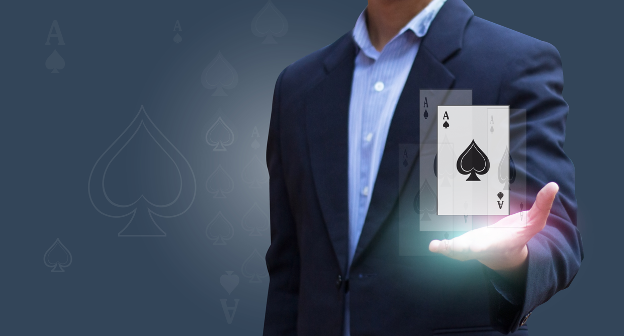
Blackjack is a classic casino game that gained prominence due to its simple yet strategic gameplay. While it does involve an aspect of chance, the game heavily relies on skills and analytical thinking, as players must decide how to move based on the cards they are dealt. There’s a lot that can be learned from the way in which players adapt their plans to navigate the challenges of when to hit, stand, double down, or split.
In fact, throughout the years, it has become more and more evident that the calculated risk-taking decisions employed in blackjack mirror many aspects of successful business practices, offering a clear parallel between the dynamics of the casino table and the complexities of the boardroom. Trust us, if you come across a well-written blackjack guide, you’ll see that the strategies you need to play this game successfully are akin to those applied in your business plan.
Embrace Risks
Let’s face it, in order to win, you need to sometimes swing big in life, business, and, of course, blackjack. The goal of the classic casino game is to beat the dealer’s hand without going over 21. This can be achieved by hitting when you have a relatively low hand to increase your chances of getting a better one. While blackjack is first and foremost a game of skill, there are still aspects of the game that are based on luck, and as such, sometimes players need to take a leap of faith and bet on the unknown in the hopes of achieving their desired outcome.
In certain situations, players can even double their initial bet in exchange for only getting one more card. Specialists tend to recommend doubling down if you have an 11, 10, or 9, as the odds of achieving a high payout outweigh the risks of maybe needing an additional card. Risk is unavoidable in blackjack if you are playing to win; however, it however its important for players to learn how to determine whether they are worth it or not, just like in business.
When a good business opportunity presents itself, you need to strike while the iron is hot, especially if it means setting your business apart from competitors, allowing you to tap into new markets and expand your reach. Finding success in business is all about being willing to venture into uncharted territory and being adaptable and open to change. Moreover, the business landscape is constantly changing, and taking risks can help your business stay ahead of the curve.
Don’t Get Too Comfortable
For both blackjack and business, it’s important to remember that current success does not automatically guarantee success in the future. While a winning streak can make you feel invincible in the moment, it cannot continue indefinitely and will come to an inevitable end. As such, players as well as business professionals should not overestimate their abilities, as they may find themselves in an irreparable financial situation.
The fleeting nature of success should also help individuals make rational and logical decisions based on actual probabilities, relying on facts rather than emotional impulses. Let’s face it, it’s not the first time, and it won’t be the last, that someone gets swept up in all the excitement and takes bigger risks that don’t quite pay off. In fact, within the gambling sphere this phenomenon has become known as the hot-hand fallacy. Unfortunately, becoming complacent, no matter how well you play or how your business is doing, can be your downfall, as you can lose it just as quickly as you got it.
Know When To Cut Your Losses
There are bound to be times during a game of blackjack when it’s best to just walk away and cut your losses. While it can be tempting to keep pumping money into a game despite experiencing a losing streak in the hopes that your luck will change for the better, this mindset can lead to more potential losses. Similarly, in business, whether it’s a bad deal, a poor-performing marketing strategy, or even a failing project, you need to know when to step away and free up resources that can be reinvested in more promising ventures rather than drain them. Markets also evolve, and what may have seemed like a viable idea once could become quickly outdated. As such, cutting your losses can help you pivot and adapt to the evolving market dynamic more effectively.



